Welcome to Shikshapress. The National Education Policy 2020 needs to be implemented by teachers for it to be highly effective as required with active involvement of educators who are to be multidisciplinary and multilingual themselves.
We know that the Govt. of India announced a long-awaited education policy on July 29, 2020 to improve access, equity and quality of education in the country.
The NEP is visionary, practical, progressive and comprehensive. It has a range from early childhood to higher education, professional education to vocational education, teacher training to professional education.
As policy envisages that the teacher must be the center of the fundamental reforms in the education system, the new education policy must help reestablish teachers, at all levels as the most respected and essential members of our society because they truly shape our next generation of citizens. It must do everything to empower teachers and help them to do their jobs as effectively as possible.
As the teachers are the major factors infringing about the change in this new pedagogical structure, consistent training_ would have to be conducted and concurrent change will be expected to be made. New pedagogical and curricular Structure of school education (5+3+3+4) 3 years in anganwari/pre-school and 12 years in school is sought to be introduced. In the secondary stage there will be multidisciplinary study, critical thinking, flexibility and flexibility in choice of subjects. Experiential learning in science, mathematics, art, social science and humanities in the Middle stage. Play discovery, activity based and interactive classroom learning in preparatory stage. Foundational stage will consist of multilevel i.e. play /activity based learning. To achieve the purpose of the policy, teachers should be the experts in the field of art integration, multidisciplinary, artificial intelligence, experiential learning and they should know how to develop, design thinking, problem – based learning, cooperative learning, gamification, project-based learning, and soft skills.
How teachers can transform the learning process ?

Teachers can transform the learning process if the mapping of curriculum is done by them. The focus will be on practical application- based learning. Stress shall be on the importance of literacy and numeracy skills. So it is supposed that teachers will have to rework in these areas to bring about a transformation in the teaching strategies so that these foundational skills can be developed, strengthened and achieved by Grade 3. Innovative teaching would be essential to achieve reading, writing and learning of basic mathematical concepts.
Wherever possible, students in primary and preferably up to 8th should be taught in home language/mother tongue/ Local language to achieve the best outcomes. So teachers should be encouraged and empowered to be bilingual to achieve the best outcomes.
To discourage rote- learning and memorizing teachers will have to adopt the new approach of shifting from syllabus completion to defining learning goals through innovative pedagogy. Teachers must look at integrating subjects, streams and technology to create a holistic learning experience for students along with the component of digital literacy, scientific temper and computational thinking.
“Regarding the 360-degree assessment of a student, progress cards will include self-assessment, peer-assessment and teacher assessment. A multi-dimensional report card will be generated that will reflect the progress and uniqueness of each learner in the cognitive, affective and psycho-motor domains.”
Regarding the 360-degree assessment of a student, progress cards will include self-assessment, peer- assessment and teacher assessment. A multi-dimensional report card will be generated that will reflect the progress and uniqueness of each learner in the cognitive, affective and psycho-motor domains. Skill/ Vocational training and coding will start from Class 6. Accordingly all the teachers should have the knowledge of ICT and it will be necessary to identify the skills in every teacher and parents to achieve the same. It is recognized that there may be several pedagogical approaches internationally for teaching particular subjects. NCERT in collaboration will SCERT, NIOS etc. will study, research, document, and compile the varied international pedagogical approaches for teaching different subjects and make recommendations on what can be learnt and assimilated from these approaches into the pedagogies being practiced in India. As per the new policy, by 2030, the minimum degree required for teaching will be a four-year integrated BEd. Apart from this, the Teacher Eligibility Test (TET) will also be changed as per the new school system.
Earlier, the TET was divided into two components — part 1 and part 2. Now that the school structure has been divided into four parts — foundational, preparatory, middle, and secondary — TET will also be developed accordingly. For subject teachers, suitable TET or the National Testing Agency (NTA) test scores in the corresponding subjects will also be taken into account for recruitment. The NTA will hold exams for all subjects and a common aptitude test.
Those who qualify TET will have to give a demonstration or appear in an interview, and show their knowledge of the local language, as per the new policy. As per the NEP, “Interview will become an integral part of teacher hiring”. These interviews. would also assess comfort and proficiency in teaching in the local language. It would be a must for teachers in private schools as well to qualify TET.
Teacher education is vital in creating a pool of school teachers that will shape the pew generation. Teacher preparation is an activity that requires multidisciplinary perspectives and knowledge, formation of dispositions and values, and development of practice under the best mentors.
Teachers must be grounded in Indian values, languages, knowledge, ethos, and traditions including tribal traditions, while also being well-versed in the latest advances in education and pedagogy.
In order to improve and reach the levels of integrity and credibility required to restore the prestige of the teaching profession, the Regulatory System shall be empowered to take stringent action against substandard and dysfunctional Teacher Education Institutions (TEIS) that do not met basic educational criteria, after giving one year for remedy of the breaches. By 2030, only educationally sound, multidisciplinary, and integrated teacher education programmes shall be in force.
Since schools will need teachers who can teach in multiple languages and have knowledge of new-age courses like computational thinking, coding etc., introduced at the school level under the NEP, B.Ed courses will also be changed accordingly. The B.Ed courses will be of four-year duration. Dual B.Ed degrees with a focus on one language and having bilingual lectures will be offered too. B.Ed programmers will allow specialization in the education of `gifted children’.
One and two-year B.Ed options will also be available. Two-year-B.Ed will be for candidates having a Bachelor’s degree, and one-year B.Ed programs will be offered only to those who have completed the equivalent of four-year multidisciplinary Bachelor’s degree or who have obtained a Master’s degree. These candidates will be later hired as subject teachers in the area of specialty (or the subject pursued at UG or PG level).
“Since schools will need teachers who can teach in multiple languages and have knowledge of new-age courses like computational thinking, coding etc., introduced at the school level under the NEP, B.Ed courses will also be changed accordingly.”
Additionally, shorter post-B.Ed. certification courses will also be made widely available, at multidisciplinary colleges and universities.
All B.Ed program will include strong practicum training in the form of classroom teaching at local schools. All B.Ed programs will also emphasize the practice of fundamental duties of the Indian Constitution along with other constitutional provisions while teaching any subject or performing any activity. It will also appropriately integrate environmental awareness and sensitivity towards its conservation and sustainable development. It is recognized.
In order to maintain uniform standards for teacher education, the admission to pre-service Teacher Preparation Programs shall be through suitable subject and aptitude tests conducted by the National Testing Agency, and shall be standardized keeping in view the linguistic and cultural diversity of the country.
Teachers who have already been hired will be expected to participate in at least 50 hours of Continuous Professional Development (CPD) every year.
The merit-based structure of tenure, promotion, and salary structure will be developed. The parameters will be developed by each state and will include peer reviews, attendance, commitment, hours of CPD, and other forms of service to the school and the community. A common guiding set of National Professional Standards for Teachers (NPST) will be developed by 2022, by. the National Council for Teacher Education. The professional standards will be reviewed every 10 years.
Read This Too –National Education Policy and Teacher Education – NEP 2020
The Kothari COmmission, 1966 said, ‘Of all the different factors which influence the quality of education and its contribution to national development, the quality, competence and character of teachers are undoubtedly the most significant.’ The NEP 2020 also says, ‘Teachers truly shape the future of our children — and, therefore, the future of our nation’ thereby implying that teachers play the most important role in nation-building by creating high quality of human resource in their classrooms.
Based on the recommendations of NEP 2020 on teacher education and training, a National Curriculum Framework for Teacher Education, NCFTE 2021 will be drafted to guide all teacher education, pre-service and in-service, of teachers working in academic, vocational & special education stream.
You should keep learning as long as you are alive. – Swami Vivekananda
Article By Shri DeshRaj Sharma
Educationist, Writer, Administrator
Principal Vidya Bharti , North INDIA
For breaking news and live news updates, like us on Facebook or follow us on Twitter and Join our Premium Telegram Channel . Read more on Latest Exams & Results News on Shikshapress.com.
More Articles: Read Now

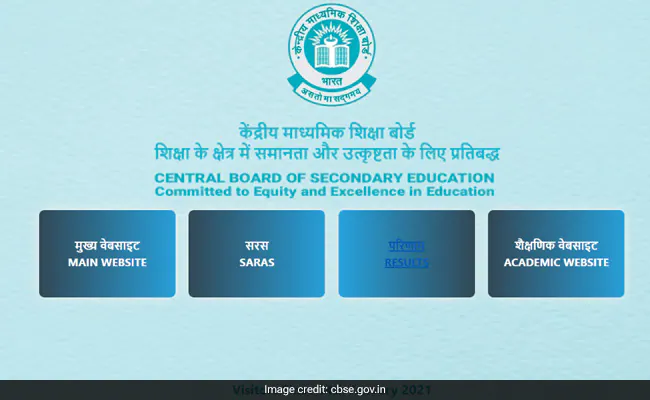
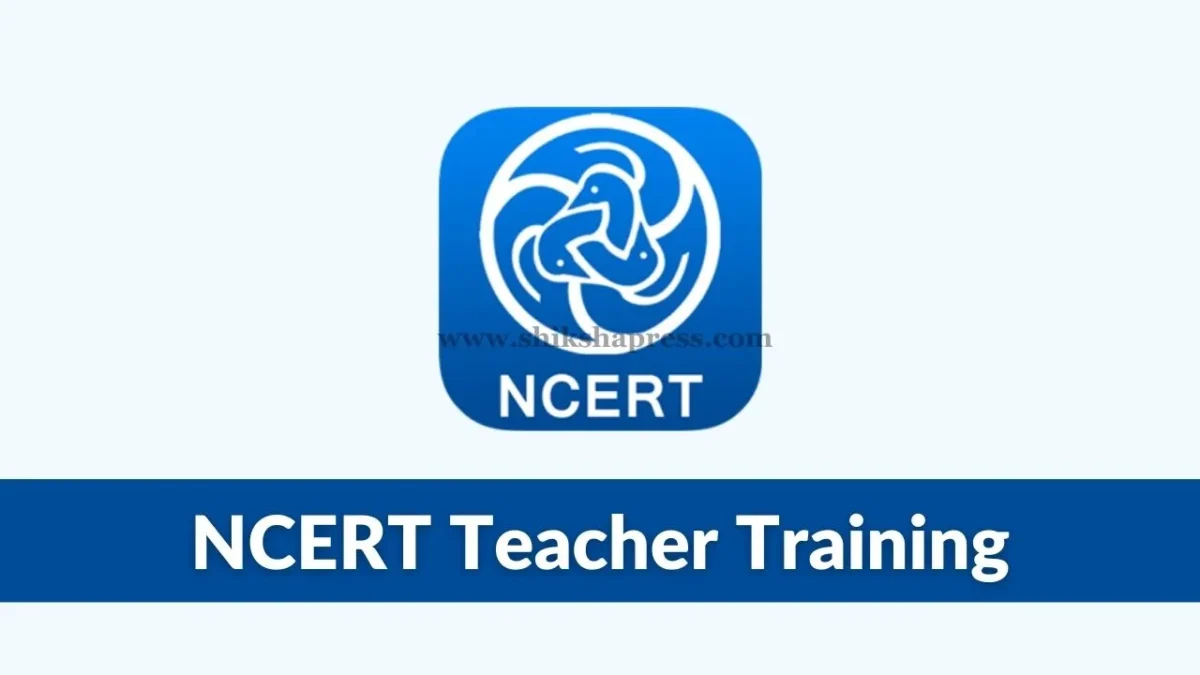
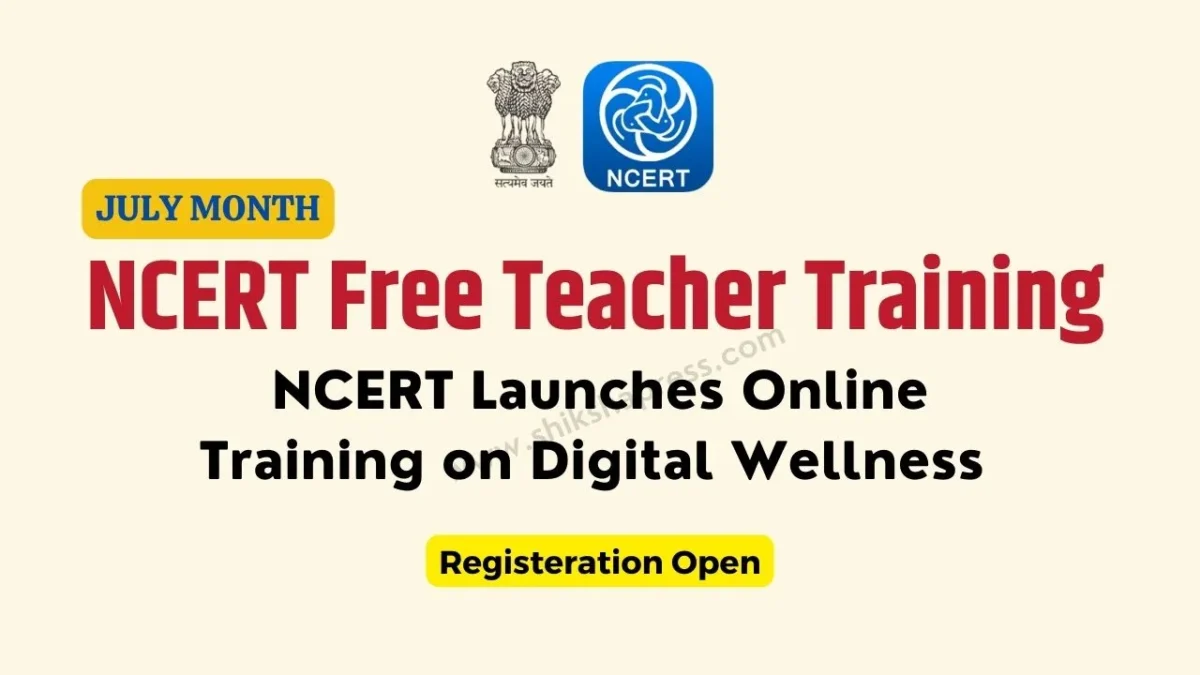
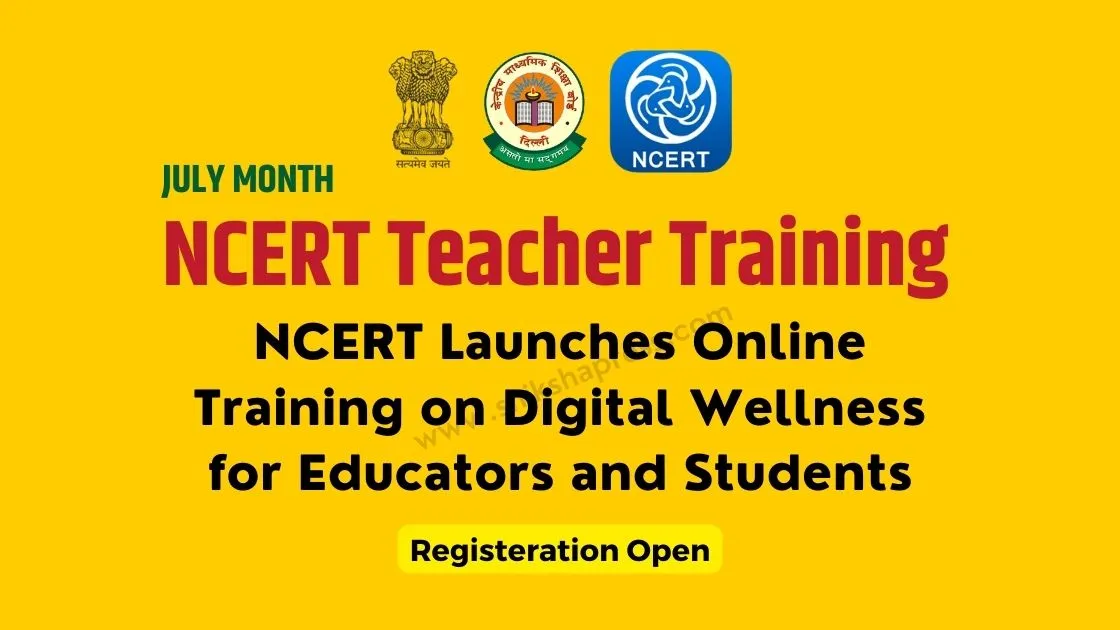
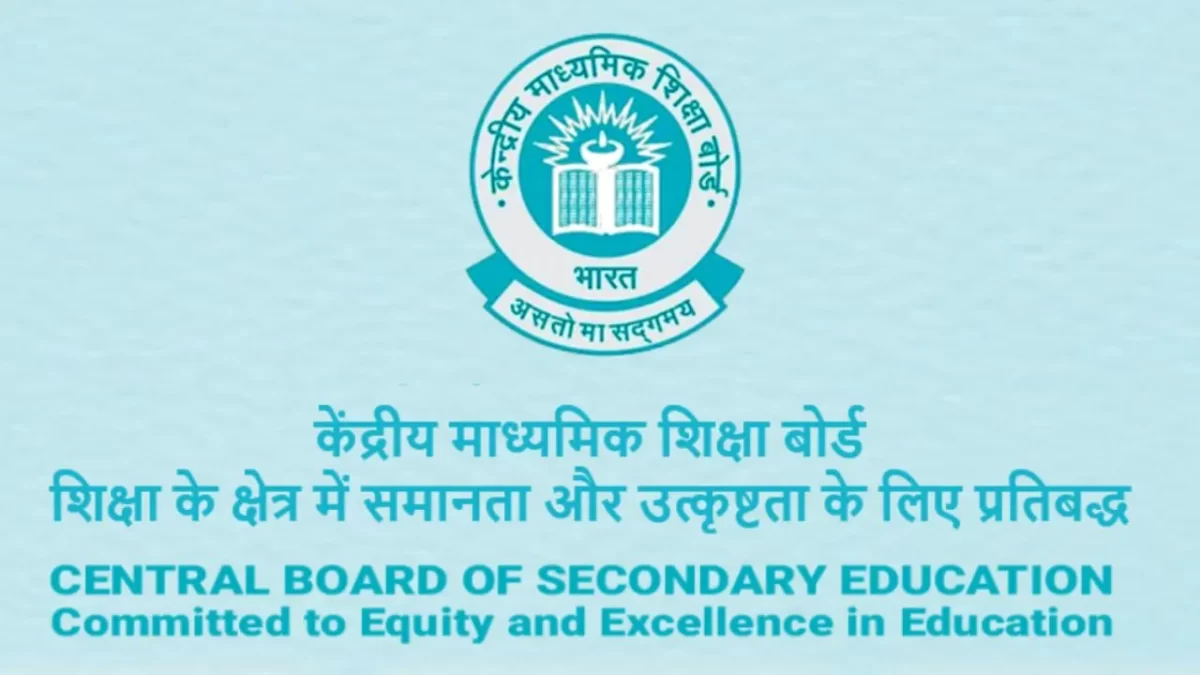
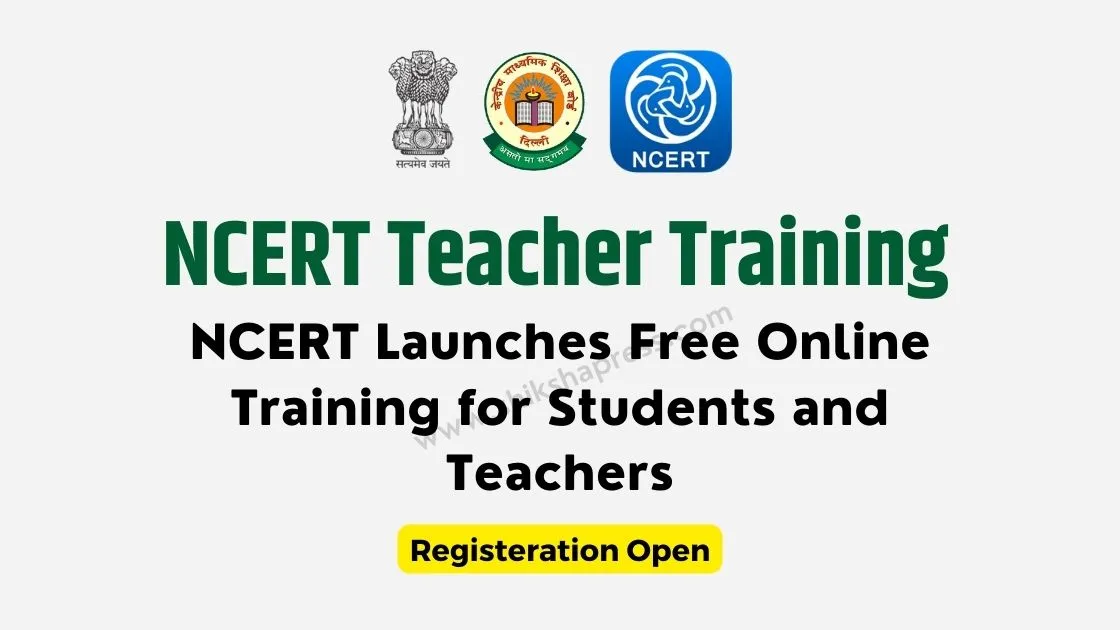
This editorial is really a great way to know NEP. Thanks a lot to provide such an important matter which would help the teachers.